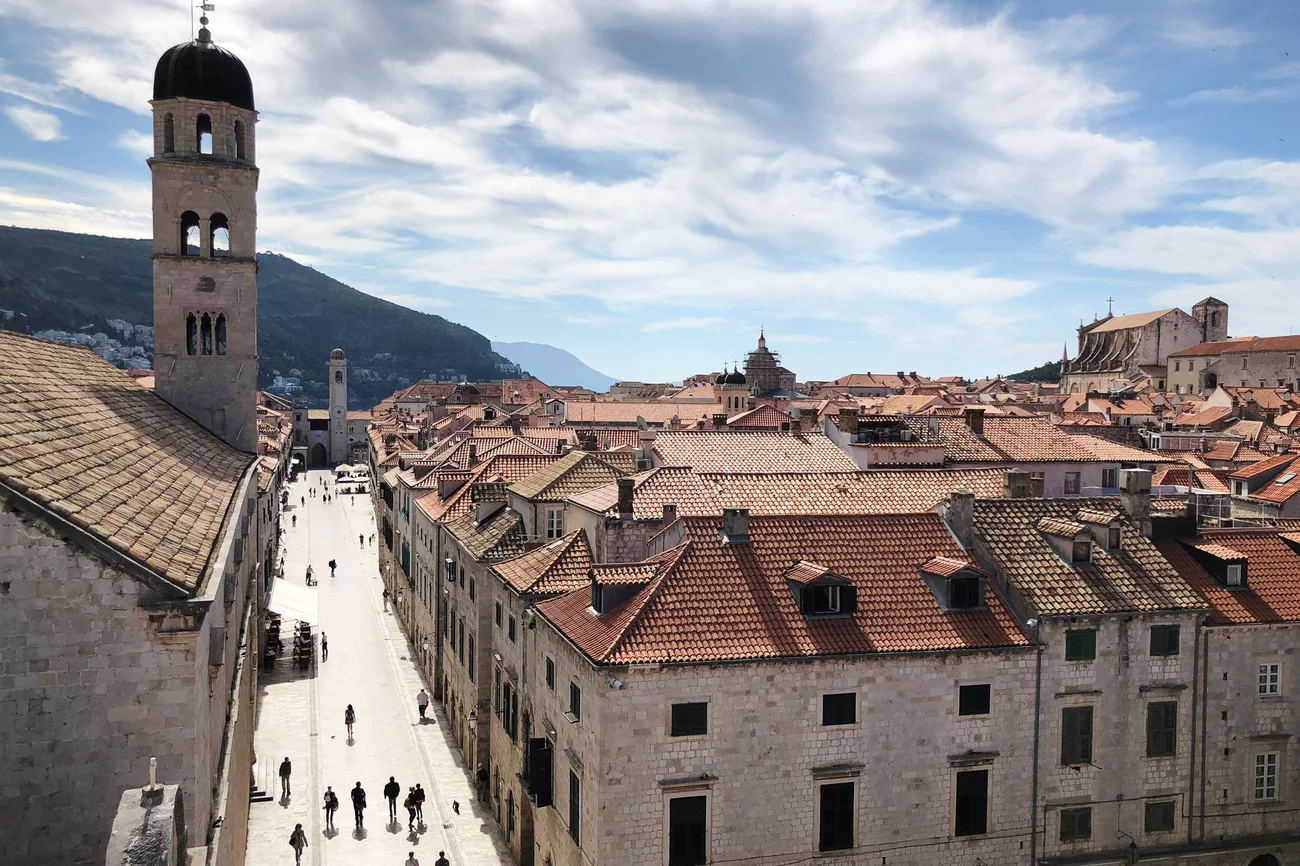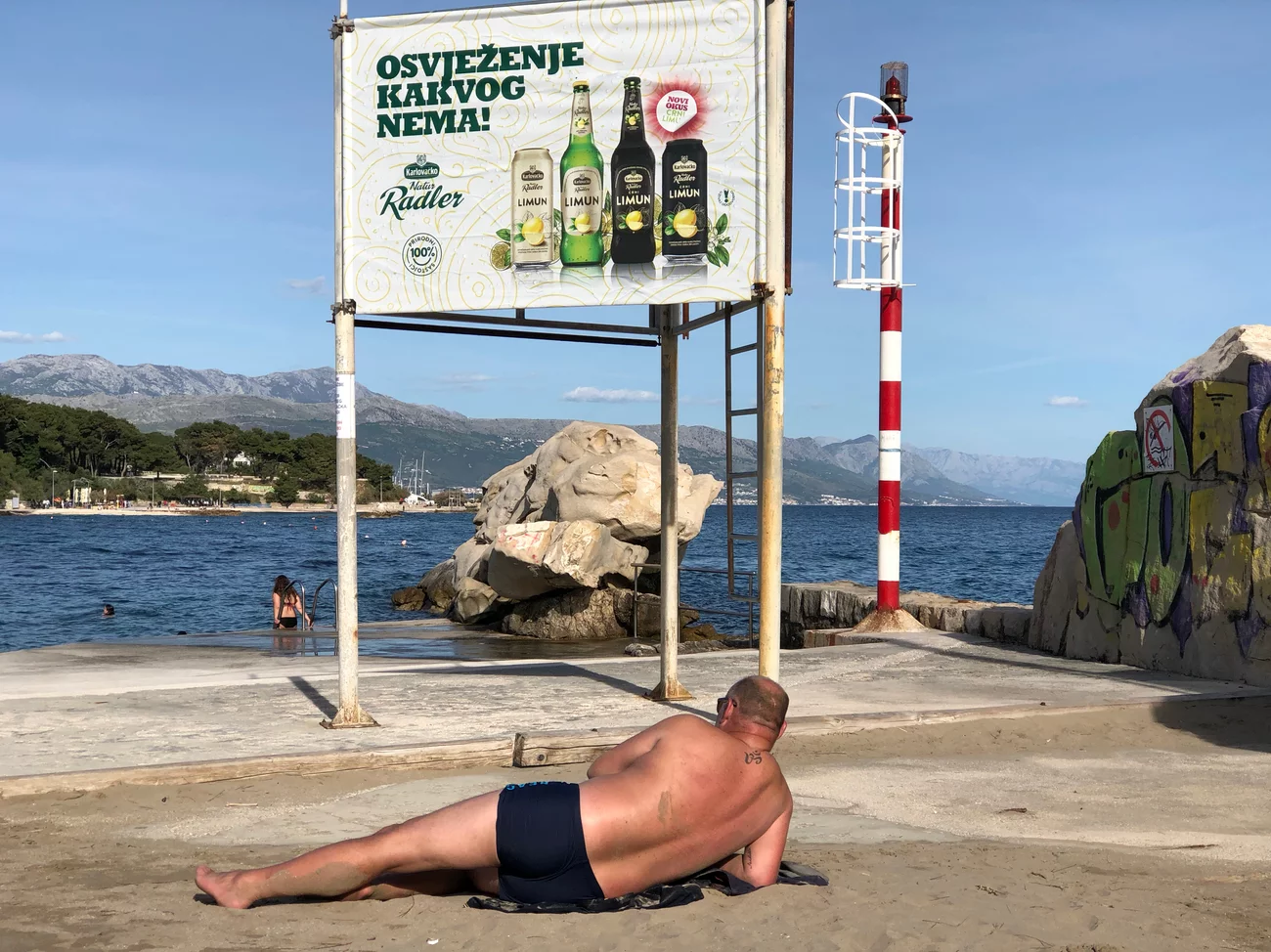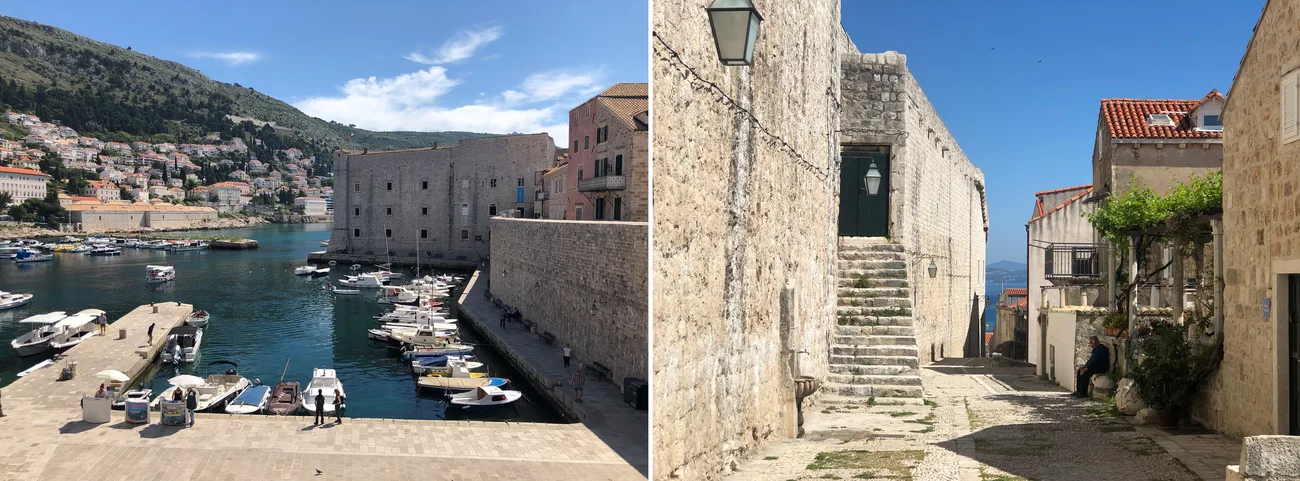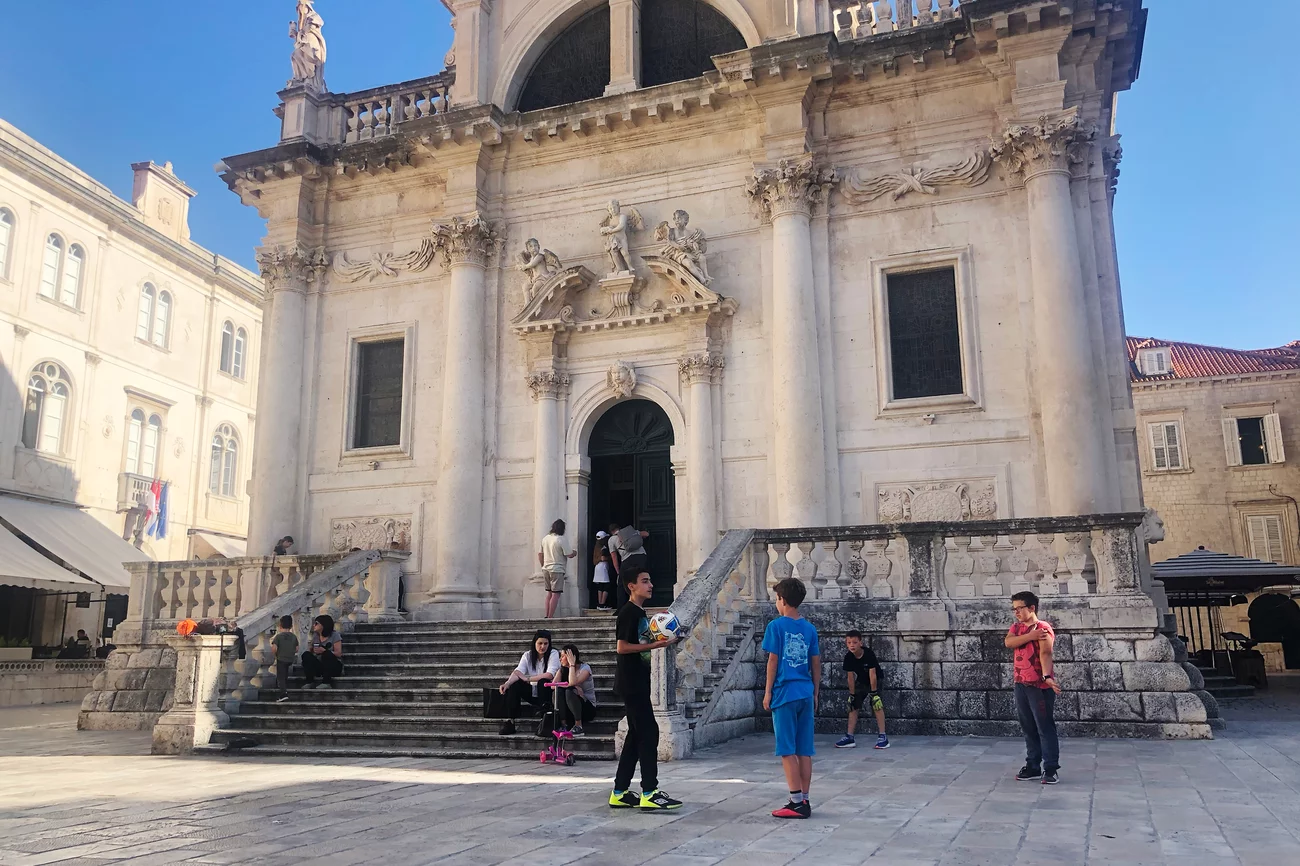
The Croatian immigration agent isn’t impressed with my flimsy CDC-issued COVID-19 vaccination card. The paper, filled out in loopy strokes of blue cursive by a pharmacist at a Sam’s Club in Houston more than a month earlier, looks easy to forge.
“Your second vaccination date hasn’t even occurred yet,” the immigration agent says, lifting an eyebrow and pointing to its date: 04-12-2021.
I explain that in the United States, we write the month first, then the day. “Oh!” she shouts with a giggle.
She shows the card to another agent. They snicker at how unprofessional this American vaccination card looks. Then she stamps my passport and welcomes me to Croatia.
The land of beaches and castles is one of the first European countries to open its borders to vaccinated Americans, bypassing the European Union as it mires itself in debate over the ethics and implications of “vaccination passports,” still undecided on how to move forward. But for Croatia, the most tourism-dependent country in Europe, opening up quickly is crucial to reviving its pandemic-battered economy.

“I’ve lost 90% of my revenue for the past one year and three months,” he says.
Khan, originally from Pakistan, has sold souvenirs at this stand for 20 years. Before the pandemic, he earned around $500 a day. “Now I make around $30,” he says with a sad smile.
The Croatian government has helped him with monthly pandemic relief payments, but Split Tourist Board Director Josko Stella admits it’s not enough. What’s worse, he says, is that in the year leading up to the pandemic, Croatia hosted a record number of tourists.
“We were hoping for 2020 to be the best year of all years because we [would] have Americans coming back, we have the U.K. coming back, we have Chinese coming in, we have Koreans coming in,” says an exasperated Stella. “I have been in [the] New York Times Square travel show for two years in a row! Everybody was crazy about Croatia and then, bomb!”
Split went from 18 million overnight stays to just 8 million in a single tourism season. Nationwide, it was far worse — an 86% hit on overnight stays between 2019 and 2020 for a country that usually depends on tourism for more than a fifth of its GDP. According to the National Tourism Board, Croatia had more than 400 million overnight stays in 2019. Last year, the number plummeted to 54 million.

Stella says opening the country to the vaccinated is a step in the right direction. He’s crossing his fingers for this summer. “Because we can endure one year, we can do two half-years, but three, nobody can endure,” he says. “It’s crucial this summer, because people will lose hope if this summer they don’t go on vacation.”
The few tourists who have made it here, like Yuri Merkulov and Carina Kumina, honeymooners from Russia, enjoy empty beaches and vacant Roman ruins.
“It’s [a] very, very good time to be here, actually,” Merkulov says.
By Rob Schmitz www.npr.org






